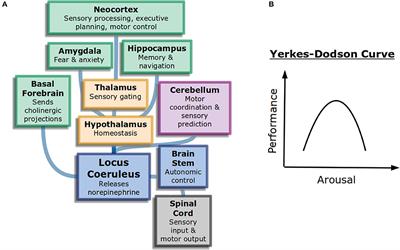CORRECTION
Published on 26 May 2021
Corrigendum: Attention in Psychology, Neuroscience, and Machine Learning
doi 10.3389/fncom.2021.698574
- 6,845 views
- 1 citation
34k
Total downloads
340k
Total views and downloads
CORRECTION
Published on 26 May 2021
HYPOTHESIS AND THEORY
Published on 22 Oct 2020
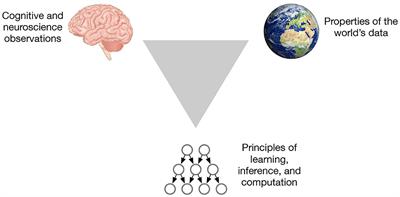
REVIEW
Published on 28 Jul 2020
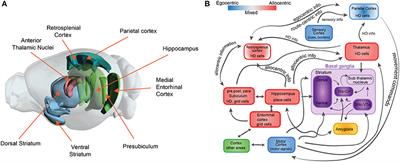
ORIGINAL RESEARCH
Published on 23 Jul 2020
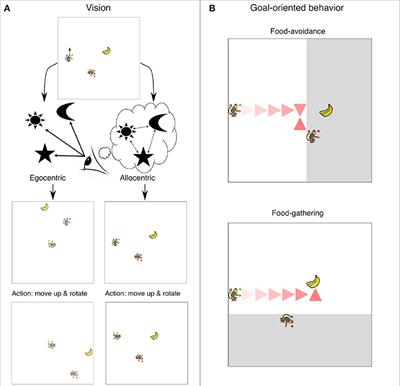
ERRATUM
Published on 07 Jul 2020

ORIGINAL RESEARCH
Published on 02 Jul 2020
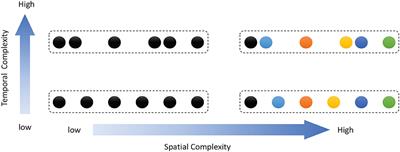
MINI REVIEW
Published on 06 May 2020
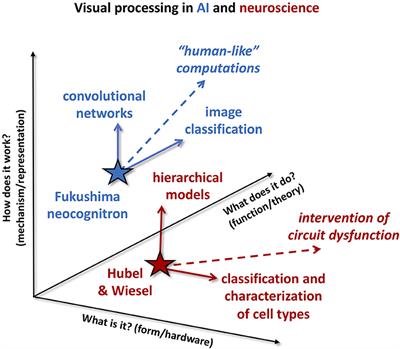
ORIGINAL RESEARCH
Published on 23 Apr 2020

REVIEW
Published on 16 Apr 2020
